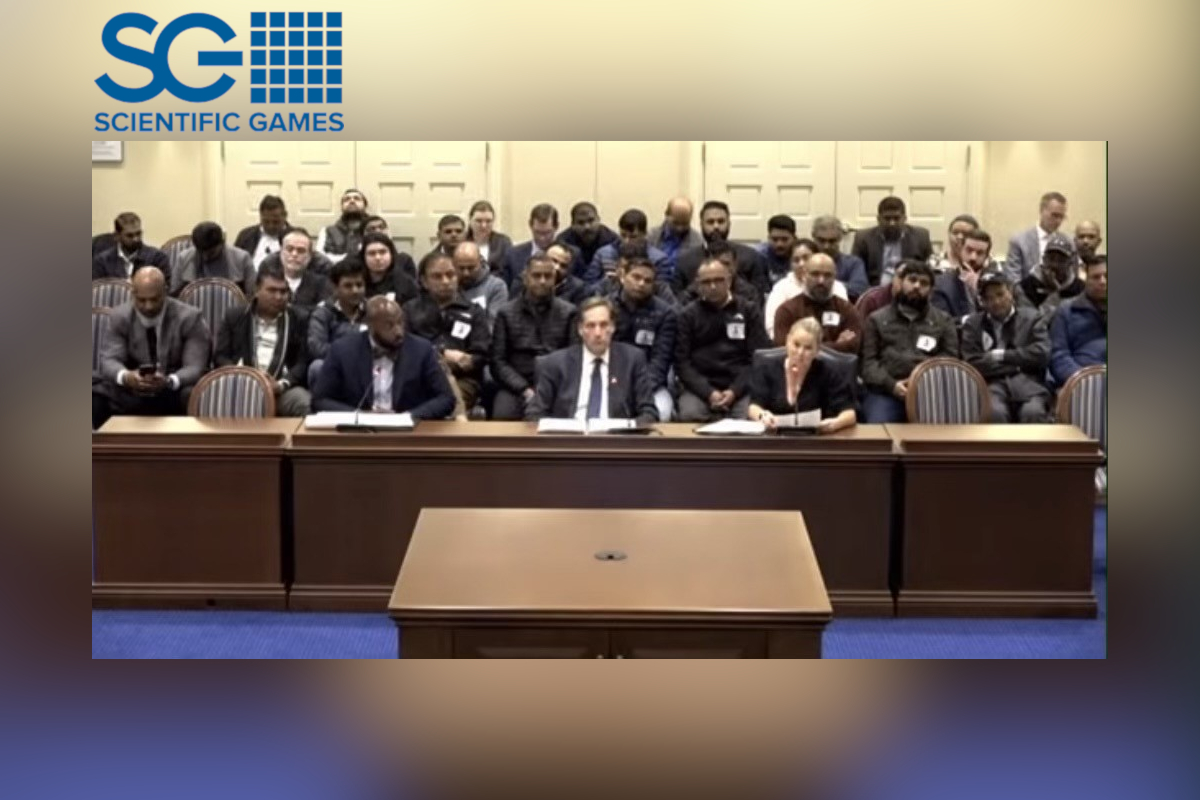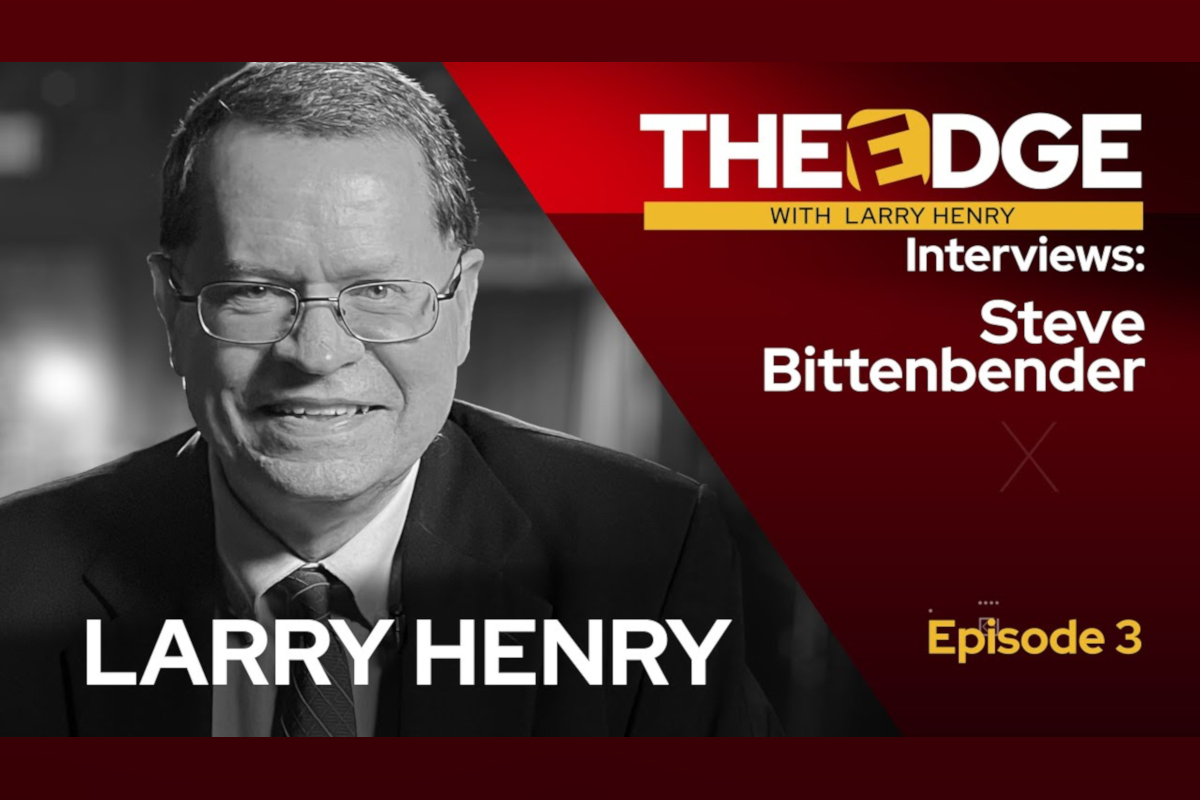
Gaming Americas Q1 2024 Meetup: Balancing Slot Mechanics and the US Legislation Roundup
HIPTHER’s Virtual Quarterly Meetups for the Gaming industry have officially returned for 2024! The Gaming Americas Q1 Virtual Meetup took place on February 28, featuring an informative panel on Innovating Slot Mechanics, and our staple US Legislation Round-up.
HIPTHER’s Co-Founder, Zoltan Tuendik, hosted the first session about Slot Mechanics, featuring Connor Blinman, Head of Games at Gaming Corps, and Raph Di Guisto, Founder at Silverback Gaming. For the Q1 US Legislation Roundup, the “usual suspects” Martin Lycka, SVP for American Regulatory Affairs & Responsible Gambling at Entain, Bill J. Pascrell III, Esq, Partner at Princeton Public Affairs Group Inc, and Jeremy Kleiman, Gaming Attorney and Member at Saiber LLC, reunited for a session that offered ample insight into the latest regulatory updates in the United States.
The first part of the Meetup primarily focused on the future direction of the gaming industry, including emerging trends in slots and game mechanics, the potential of virtual reality and multiplayer technology in the casino industry, and the game development process. The US Legislation Roundup walked us through the challenges faced by the online gambling industry due to the popularity of unregulated offshore sites, the sports betting industry, the legalization of iGaming in various states, the regulation of online gambling and sports betting, and the future of online sports betting and iGaming services.
Innovating Slot Mechanics: Balancing Novelty with User Experience
Connor and Raph discussed the game development process, highlighting the importance of understanding the target audience, conducting market research, and introducing innovative mechanics. They anticipate a trend towards medium volatility games with increased player engagement. They also discussed the potential of skill-based and personalized gaming experiences, as well as integrating multiplayer technology. The conversation underscored the complexities of the market and the need for continuous innovation. They discussed the challenges of introducing a new feature in the competitive slots game market and the importance of adapting and innovating. They also focused on reducing player fatigue and burnout and adapting to evolving market needs. The discussion ended with a focus on measuring the success of new game mechanics after their release using player feedback and data analysis.
Q1 US Legislation Roundup: Online Gambling Challenges, New Markets,Taxation, and Sports Betting Industry
Jeremy discussed the difficulties faced by the online gambling industry due to the popularity of unregulated offshore sites among players in regulated markets. He questioned the incentives for players to switch to regulated sites and acknowledged this as a challenge for both the industry and regulators.The conversation between Jeremy, Bill, and Martin revolved around sports betting, particularly in New York and North Carolina, with a focus on tax rates and policy. The need for investing in consumer protection, innovation, and improved customer experience was emphasized.
Bill Pascrell discussed the challenges and progress of online gaming in various states, including the potential tax increase proposed in New Jersey and the readiness of other states to legalize iGaming. The conversation primarily focused on the introduction of sports betting legislation in various states and its potential impact. The panelists also briefly touched on the possibility of regulating online casino and poker games in Maryland. The conversation emphasized the importance of bringing in interested operators, incentivizing them with bonuses, deductions, and reasonable tax rates.
Bill, Martin and Jeremy had a wide-ranging discussion about the sports betting industry. They highlighted the role of Senator Hoskins and his support for the industry. They also touched upon the public perception of the industry and the need for responsible gambling. The conversation explored the challenges of regulating the Black Market and the potential for increased tax revenue. The group also acknowledged the need for the industry to proactively educate the public about its benefits. Towards the end, they discussed the difficulty of creating a positive narrative around the industry.
Bill, Jeremy, and Martin discussed the regulation of online gambling and sports betting, emphasizing the need for a balance between industry growth and job creation, and addressing concerns about dysfunction and stakeholder engagement. They also touched on the potential of technological innovation and the risk of entrenched market shares. The conversation concluded with a reminder about the importance of integrity, compliance, legality, and responsible gaming in the industry. The trio discussed the need to respect tribes and engage with them in negotiations. The issue of betting on college sports was raised, highlighting potential risks for players and the need for regulation. The discussion ended with a brief mention of the NCAA tournament and the importance of commercial operators’ support for legislation.
The panel concluded with thoughts on the future of online sports betting and iGaming services. The speakers emphasized the importance of agreements with individual states and the federal government to offer these services. The role of human interaction in understanding stakeholders’ interests and pain points was highlighted, and the potential for legalizing sports betting in California and other states was discussed, while acknowledging the problems with the black market. The need for a more efficient way to engage with tribes and the necessity of regulation were stressed as next steps to drive out the black market.
Coming up Next:
Watch the recording of the Gaming Americas Q1 Meetup on HIPTHER TV, and keep an eye out for our next Gaming Americas Quarterly Meetups for 2024!










